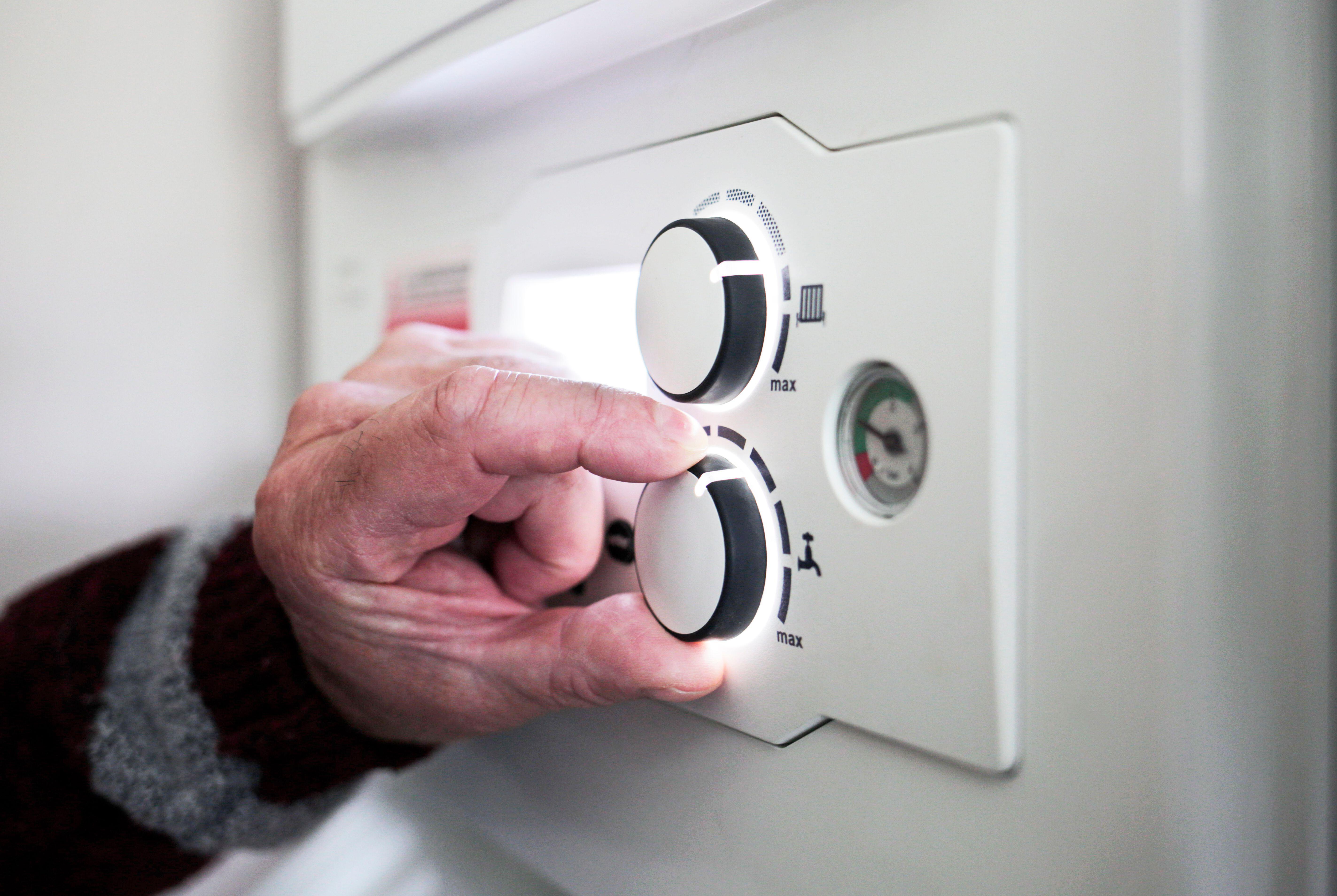Soaring inflation to hit Britain harder than any other major economy, BoE warns
The energy crisis will last longer and cause more pain to British households, the governor said.

Your support helps us to tell the story
From reproductive rights to climate change to Big Tech, The Independent is on the ground when the story is developing. Whether it's investigating the financials of Elon Musk's pro-Trump PAC or producing our latest documentary, 'The A Word', which shines a light on the American women fighting for reproductive rights, we know how important it is to parse out the facts from the messaging.
At such a critical moment in US history, we need reporters on the ground. Your donation allows us to keep sending journalists to speak to both sides of the story.
The Independent is trusted by Americans across the entire political spectrum. And unlike many other quality news outlets, we choose not to lock Americans out of our reporting and analysis with paywalls. We believe quality journalism should be available to everyone, paid for by those who can afford it.
Your support makes all the difference.Soaring inflation will hit Britain harder than any other major economy during the current energy crisis, the governor of the Bank of England has warned.
Andrew Bailey said the UK’s economy would likely weaken earlier and be more intense than others as a result of the energy price shock that all European economies face.
The situation was further exacerbated in Britain by the “structural legacy” left by Covid in the labour market as companies struggled with a lack of workers.
“Unfortunately, there is going to be a further step-up in UK inflation later this year because that’s a product of the way the energy price cap interacts with the energy prices we have observed over the last few months,” Mr Bailey told a European Central Bank (ECB) conference in Sintra, Portugal, on Wednesday.
“I think the UK economy is probably weakening rather earlier and somewhat more than others.”
The governor said that in the latest inflation data he had seen a shift in the causes of high inflation from high prices of goods that were in short supply after Covid-19, towards goods and services affected by Russia’s invasion of Ukraine.
To address inflation, the Bank of England (BoE) needed the option of half-point interest rate rises.
“There will be circumstances in which we will have to do more. We’re not there yet in terms of the next meeting. We’re still a month away, but that’s on the table. But you shouldn’t assume its the only thing on the table – that’s the key point,” Mr Bailey added.
“The key thing for us is to bring inflation back down to target and that is what we will do.”
The BoE has so far raised rates five times since December.
The governor’s comments came as the head of the ECB said it will move gradually to combat soaring consumer prices with interest rate hikes in July and September, but will keep its options open to “stamp out” inflation if it surges faster than expected.
Christine Lagarde used strong terms as policymakers target inflation running at a record 8.1% in the 19 countries using the euro.
With new inflation figures due out on Friday, Ms Lagarde said the bank is using the dual approach to be able to respond to economic uncertainty.
Russia’s war in Ukraine has led to surging energy and food prices that are higher than those seen in the 1970s and 80s, and “given its energy dependence, the euro area is experiencing these shocks acutely”, Ms Lagarde said.
“The size and complexity of these shocks are also creating uncertainty about how persistent this inflation is likely to be,” she said.
The bank has already announced it will end asset purchases that worked to boost the economy on Friday, and follow with its first interest rates hikes in 11 years at its meeting next month.
It will also raise rates in September but is leaving the option open for a bigger hike than the quarter-point increase in July, in case inflation keeps spiking.
The ECB also is trying to avoid further hurting economic growth by acting too aggressively, having “revised markedly down our forecast for growth in the next two years,” Ms Lagarde said.
But “there are obviously conditions in which gradualism would not be appropriate”, she said.
“If, for example, we were to see higher inflation threatening to de-anchor inflation expectations or signs of a more permanent loss of economic potential, we would need to withdraw accommodation more promptly to stamp out the risk of a self-fulfilling spiral.”